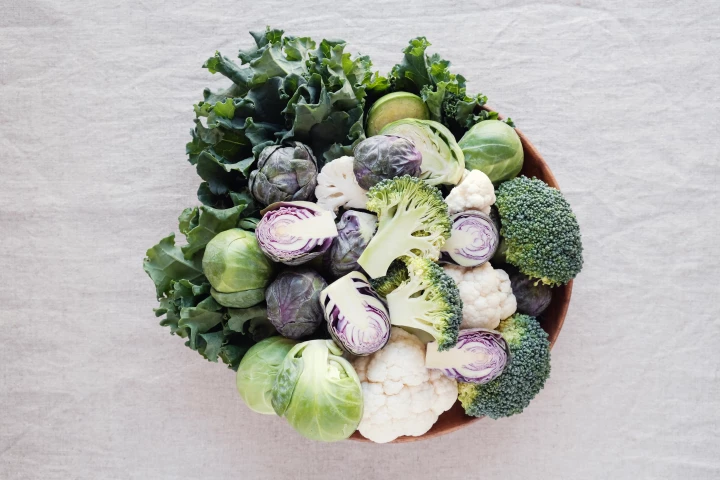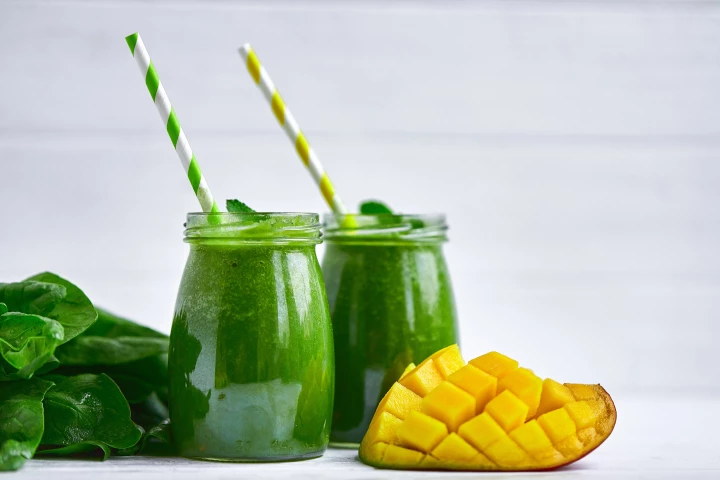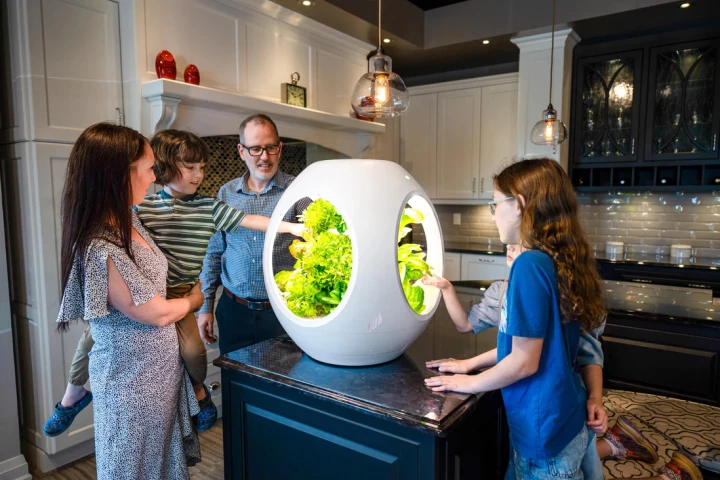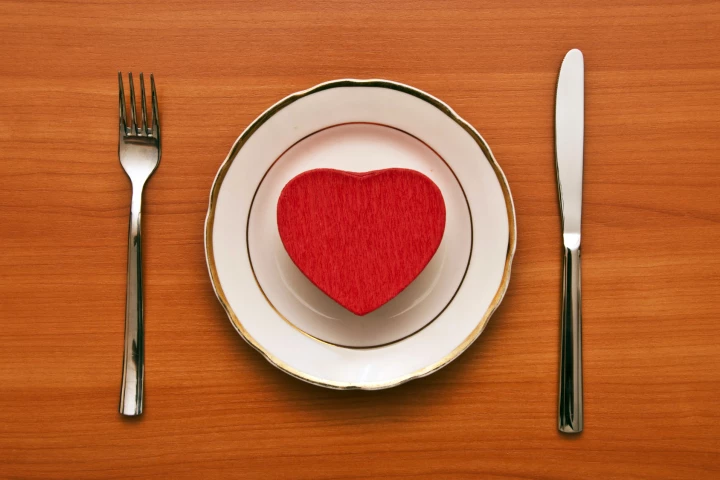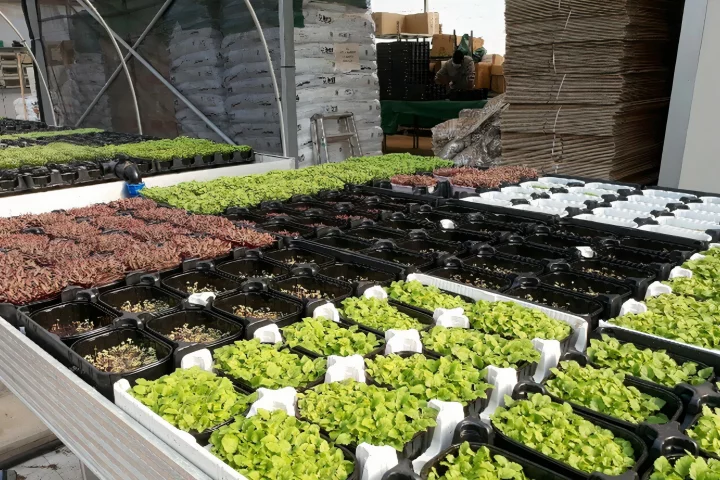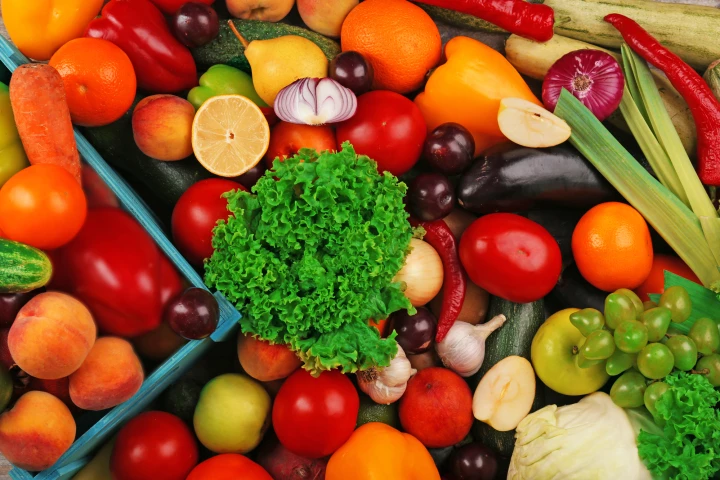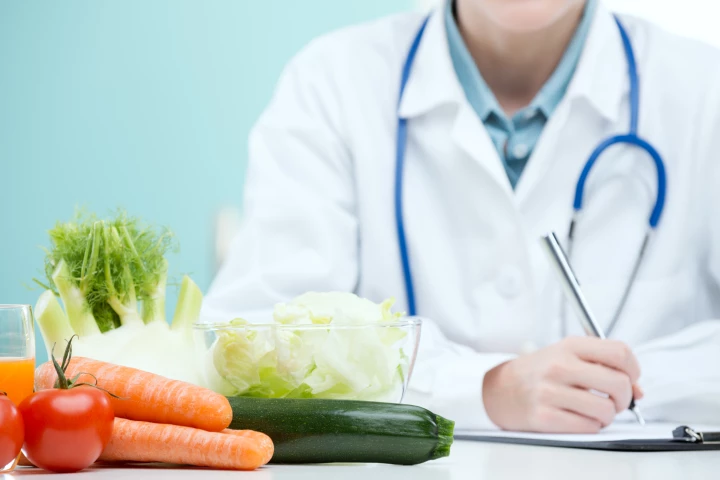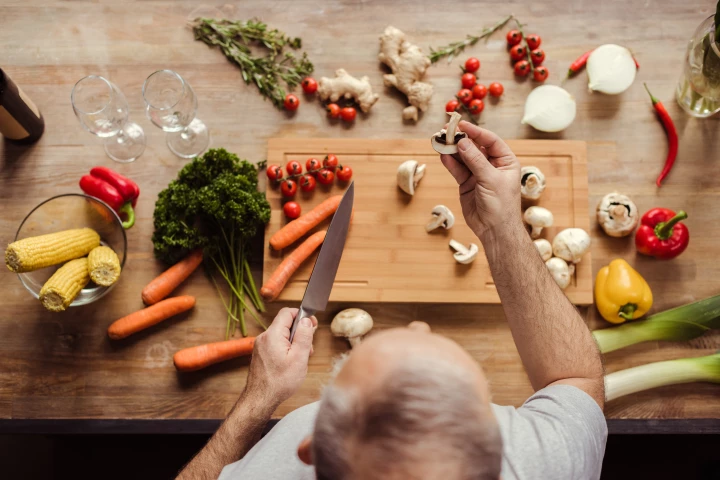Vegetables
-
Kale has long been crowned a “superfood,” praised for its rich antioxidant and nutrient content – but new research suggests many of those perks go untapped unless you pair the leaves with something to boost the body's ability to absorb the good stuff.
-
There's new evidence that cruciferous vegetables blunt spikes in blood sugar levels, which could be particularly important for those with type 2 diabetes or are at risk of developing it. And you only need a handful a day to reap the health benefits.
-
A carotenoid widely available in fruit and vegetables, and as a supplement, has been found to bolster the cancer-killing capacity of immune cells. It could be a valuable ally in immunotherapy treatment, helping to shrink tumors more effectively.
-
While everyone loves the thought of growing fresh veggies indoors, not everyone has the green thumb required to do so. The Plantaform system was designed with that fact in mind, as it grows edible plants automatically … using a nutrient-rich fog.
-
Using data from twin studies conducted over many years, researchers have found a link between levels of depression and the amount of fruit and vegetables people eat each day.
-
Most of us don’t eat as much fruit and veggies as we know we should, but that goal might now be a bit more achievable. Scientists in Spain have engineered a new “Golden Lettuce” with 30 times more nutrients than the regular green stuff.
-
Some kinds of vegetables lower high blood pressure much better than others, according to a new study. The researchers say that the reduction could translate to a 5% reduced risk of major heart events and encourage everyone to eat more greens.
-
With an eye toward creating food for people with certain health conditions, scientists in Italy grew radish, pea, arugula, and Swiss chard plants, precisely controlling certain nutrients. And they did it without any soil.
-
Great news for 80 million (and growing) green thumbs across the country: The USDA has finally released an updated Plant Hardiness Zone Map, its first in 11 years. It highlights both tech advancements and how a warming planet is impacting our gardens.
-
By comparing the bacteria found in fruits and vegetables to those found in the human gut, researchers have demonstrated, for the first time, that consuming fruits and vegetables contributes positively to the bacterial diversity of our gut microbiome.
-
We know a diet rich in fruit and vegetables has broad health benefits. Now, a new study says that prescribing free fruit and veg to adults with type 2 diabetes could prevent 296,000 cardiovascular disease cases and save billions in health-care spending.
-
We all know fruit and vegetables are good for our overall health. But in a first-of-its-kind multi-year study, researchers have shown that flavanols found in these foods are tied to brain function, and a deficiency may drive age-related memory loss.
Load More

